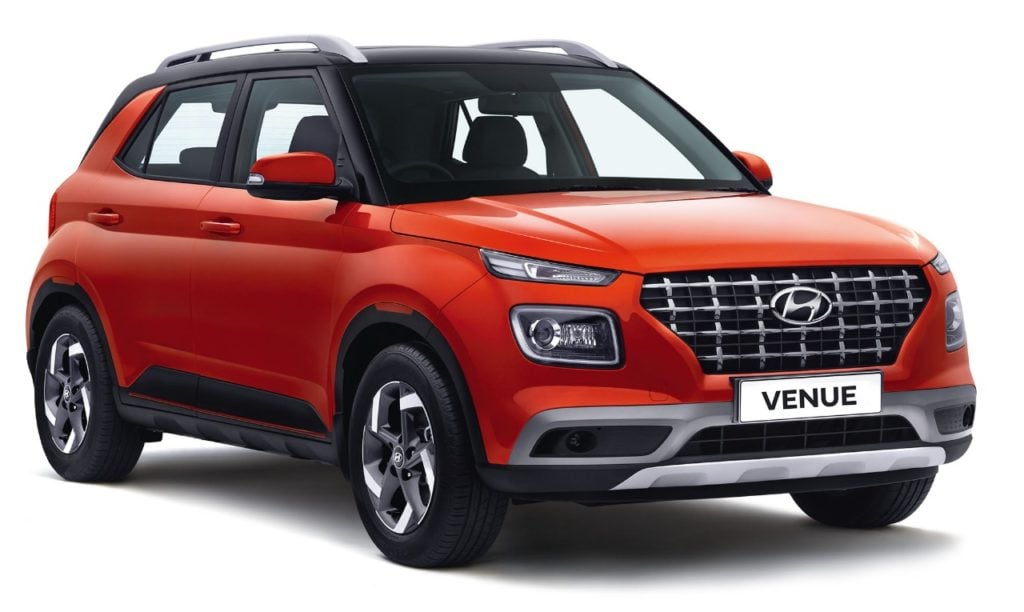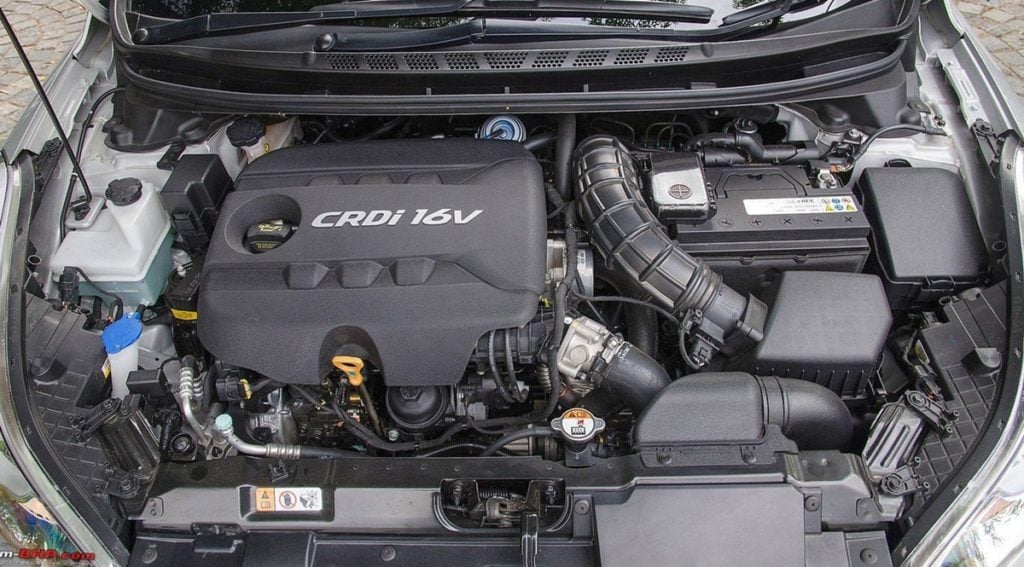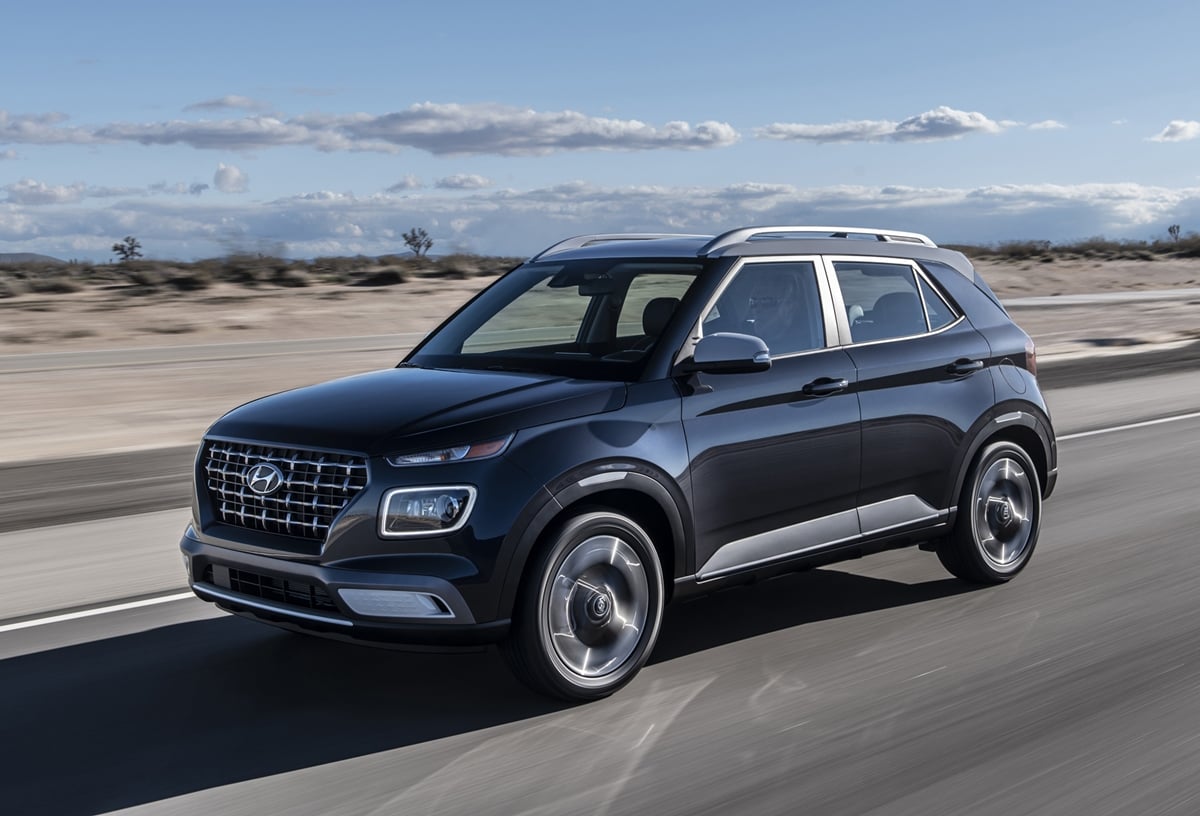All Hyundai diesel engine cars will be updated to meet the BS-VI emission norms which come into effect from April, 2020. All diesel cars will also become quite more expensive.
Hyundai has announced that they would continue to sell diesel engines in their cars post March, 2020. Customers will be able to choose between diesel and petrol variants of the car they are purchasing even after the BS-VI emission norms come into effect from April, 2020.

All of Hyundai’s cars which currently offer diesel engines will be upgraded to the new BS-VI compliant engines very soon. Hyundai’s diesel range starts from the humble Grand i10 and goes up all the way to the Tuscon and every car in between.
The reason why there has been such a fuss and debate about which brand will continue selling diesel engines post BS-VI emission norms and which will not, and if they do, then in which cars, is because of the cost of development.

All diesel engines which are currently BS-IV compliant would require heavy modifications to make them cleaner and more efficient to be BS-VI compliant. This would increase the price of all these diesel cars by approximately Rs. 1 lakhs. Now that’s a lot of money if you are buying a car below Rs. 10 lakhs. This makes smaller diesel cars quite less practical which is why they are bought in the first place.
Also Read : Hyundai Venue Specifications Compared With All Rivals
Let’s take the example of the entry-level Hyundai Grand i10 which is the cheapest diesel car you can buy from Hyundai for Rs. 6.14 lakhs. It costs Rs. 1.16 lakhs more than the entry-level petrol variant. With the update to BS-VI norms, the base diesel will cost over Rs. 2 lakhs more than the base petrol which would then be equivalent with the top-end petrol variant.
Even the newly launched Hyundai Venue has been introduced with a 1.4L diesel engine available across the range. Of course the Venue will continue with a diesel engine even after the BS-VI norms come to effect.
Also Read : Hyundai Upcoming Cars For 2019 After Venue – Details
Honda and Ford had also announced earlier that they would continue to sell diesel-fueled cars in the country post March, 2020. On the other hand, Maruti Suzuki has announced complete discontinuation of all diesel engines from April, 2020. Meanwhile, Tata and Mahindra have been thinking of discontinuing their small capacity diesel engines as well.
As emission norms keep getting stricter, the Indian automobile market will gradually shift towards CNG, hybrids and then of course full electric vehicles. Manufacturers like Maruti have already started focusing on CNGs and EVs and other will follow suit soon. It remains to be seen how the customers react to such changes in the industry.


